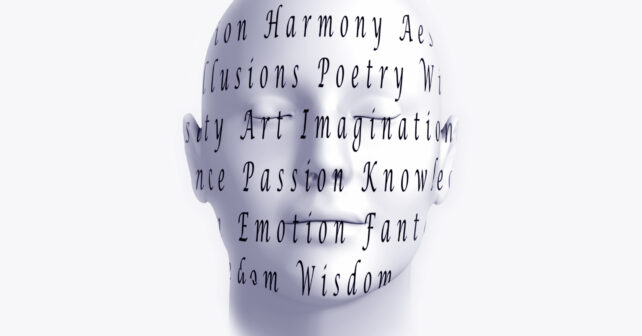
“The practice of medicine is an art, not a trade; a calling, not a business; a calling in which your heart will be exercised equally with your head.” ~ William Osler
Explore This Issue
ACEP Now: Vol 42 – No 02 – February 2023The medical humanities are the study of health and healthcare through the lens of the arts and social sciences. From poetry and prose to visual and performing arts to history and philosophy, the medical humanities encompass a variety of disciplines that encourage a holistic view of medicine. Recognizing the importance of creating physicians with empathy and an understanding of the larger scope of how medicine, society, and the arts intertwine in processing dying, healing, and everything in between, many medical schools incorporate the medical humanities into their curriculums. This can take different forms, from discussions in ethics to writing exercises to visiting museums.
As encounters with patients are encounters with narrative – with storytelling by another name – creative writing offers an accessible path to the humanities for physicians. Whether poetry or prose, writing is a versatile medium for expression and for exploration of the difficulties of medicine.
If you’re interested in learning how to expand your skills as a physician through writing, remember that competency in writing, like any skill, takes practice. Whether it’s an hour a day or five minutes a week, it is the intent and discipline that drive progress. Equally important, however, is finding a support network. Not only is writing in a vacuum boring, but it also lacks feedback and therefore limits your ability to grow. Just as we often run difficult cases and our medical reasoning by colleagues, so too should you find a friend or a writing group to run your writing by and seek constructive criticism. Not every comment need be listened to or incorporated, but feedback opens up a dialogue that can spark new ideas and improve your writing.
Often, writers hold their words to themselves, for writing is an act of vulnerability and as physicians we are taught that displays of emotion are unprofessional. Moreover, sharing our writing exposes us to critique—for our actions, our opinions, our writing styles, our art. Some of us write to process our emotions; some of us write to better understand an event or patient encounter; some of us write to remember or forget or both. So why seek publication? Why expose ourselves to the scrutiny, the rejection letters, the judgement?
Publication allows our writing – our art – to be shared with the rest of the medical and non-medical community. Art can help people heal in a way that medicine cannot. Our art has the ability to give voice to those who undergo similar situations and do not know how to express it, or perhaps even how to cope with it. People often feel alone or hopeless in their circumstances, and art may be the lifeline they need to anchor themselves and process the situation, to come through on the other side. Our art can remind doctors that it’s okay to talk about depression, that patients will die despite our best efforts, and that workplace violence should not be considered normal. Our art can tell patients that they are not alone in struggling with their cancer diagnosis, that addiction is a disease, and that living with someone with dementia can be difficult.
Many medical journals, including Annals of Emergency Medicine, Academic Emergency Medicine Journal, Journal of Emergency Medicine, and Journal of the American Medical Association, to name only a few, have recognized the benefit of disseminating the arts and have set aside a regular section for submissions regarding the medical humanities. Submitting to these journals involves a similar process to submitting research articles, and submissions are peer reviewed like any other article type. Additionally, there are many excellent open-access websites dedicated to the medical humanities, such as Pulse: Voices from the Heart of Medicine. Literary magazines, newspapers, and websites outside of the medical community also often champion the medical humanities, for who has not been affected, directly or indirectly, by the tragedies and joys of medicine?
Though I would encourage everyone to become a patron and thoughtful consumer of the arts and the medical humanities, not everyone need be drawn to its creation. Yet for the secret writer and the shy artist out there, I will leave you only with this: your stories are worth sharing. They may even save someone’s life.




No Responses to “Medicine with Heart: Why Words Matter”